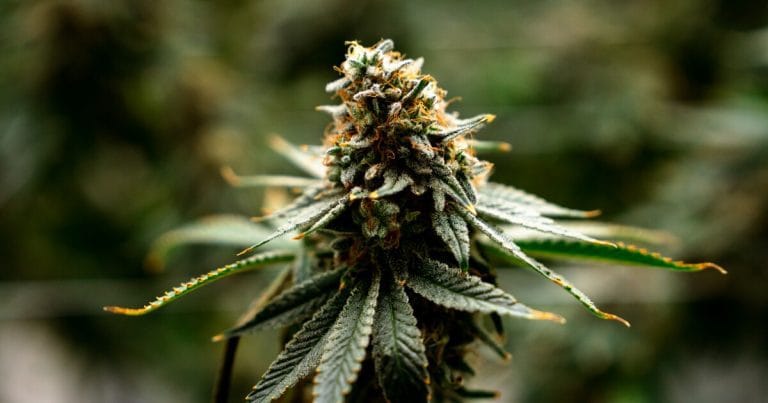🎧 Listen to This Article
In a landmark decision impacting local taxation across Missouri’s cannabis industry, the Missouri Supreme Court ruled 6-1 on Tuesday that local governments cannot stack multiple sales taxes on marijuana purchases.
The decision interprets the 2022 constitutional amendment legalizing adult-use marijuana as permitting only one 3% local sales tax per jurisdiction—either a city, town, or village in incorporated areas or a county in unincorporated areas, but not both.
Key Ruling Takeaway:
Only one local entity—either a municipality or a county—may impose a 3% cannabis sales tax at any one dispensary, not both simultaneously.
Dual Taxation Struck Down
The case centered around Robust Missouri 3 LLC, a dispensary in Florissant, where customers were subject to a nearly 21% combined tax rate, including:
- 6.225% state sales tax
- 3% Florissant local tax
- 3% St. Louis County tax
- Additional standard and district surcharges
The Supreme Court invalidated the dual local taxes, asserting that the constitutional language was clear in limiting tax authority to a single local jurisdiction, depending on where the dispensary operates.
“The drafters of the constitutional amendment specified a ‘local government’ based on the area in which the dispensary is located,” the court opinion stated.
The ruling affects over 70 jurisdictions statewide where cities and counties had both been collecting 3% sales taxes on marijuana transactions, according to the Missouri Department of Revenue.
Industry Response
Andrew Mullins, Executive Director of the Missouri Cannabis Trade Association, welcomed the ruling:
“This protects the very customers that make Missouri’s marijuana program the envy of other states… The court’s clarity ensures Missouri remains one of the most accessible cannabis markets in the U.S.”
According to Mullins, the decision will result in an estimated $3 million in monthly savings for consumers across Missouri’s marijuana market, where tax revenue has already tripled original state estimates.
Dissenting Opinion
Judge Zel M. Fischer dissented, arguing that the constitutional amendment allows both counties and cities to impose taxes, stating:
“Holding that ‘and’ means ‘or’ and that St. Louis County is not a ‘local government’ within its own jurisdiction is patently absurd… Applying the plain language is the surest way to uphold the Constitution.”
Broader Legal Impact
The ruling also resolves a parallel case in Buchanan County, which had temporarily halted proceedings while awaiting this Supreme Court clarification. That case similarly involved stacked local marijuana taxes, with a circuit court originally allowing both the city and county taxes.
A previous appellate ruling in November 2024 had also sided with Robust Missouri, interpreting the amendment’s language as “plain and unambiguous” in disallowing dual local taxation.
Summary of Legal Precedent
| Issue | Supreme Court Ruling (2025) |
|---|---|
| Can both city and county tax marijuana? | No — Only one 3% local tax allowed |
| Applies to dispensaries in… | Incorporated areas: city OR Unincorporated: county |
| Estimated savings to consumers | ~$3 million/month |
| State revenue from cannabis | Tripled original forecasts |
| Legal clarity for businesses | Confirmed tax rules for dispensaries statewide |
For further details, clarification, contributions, or any concerns regarding this article, please get in touch with us at editorial@tax.news. We value your feedback and are committed to providing accurate and timely information. Please note that our privacy policy will handle all inquiries.



